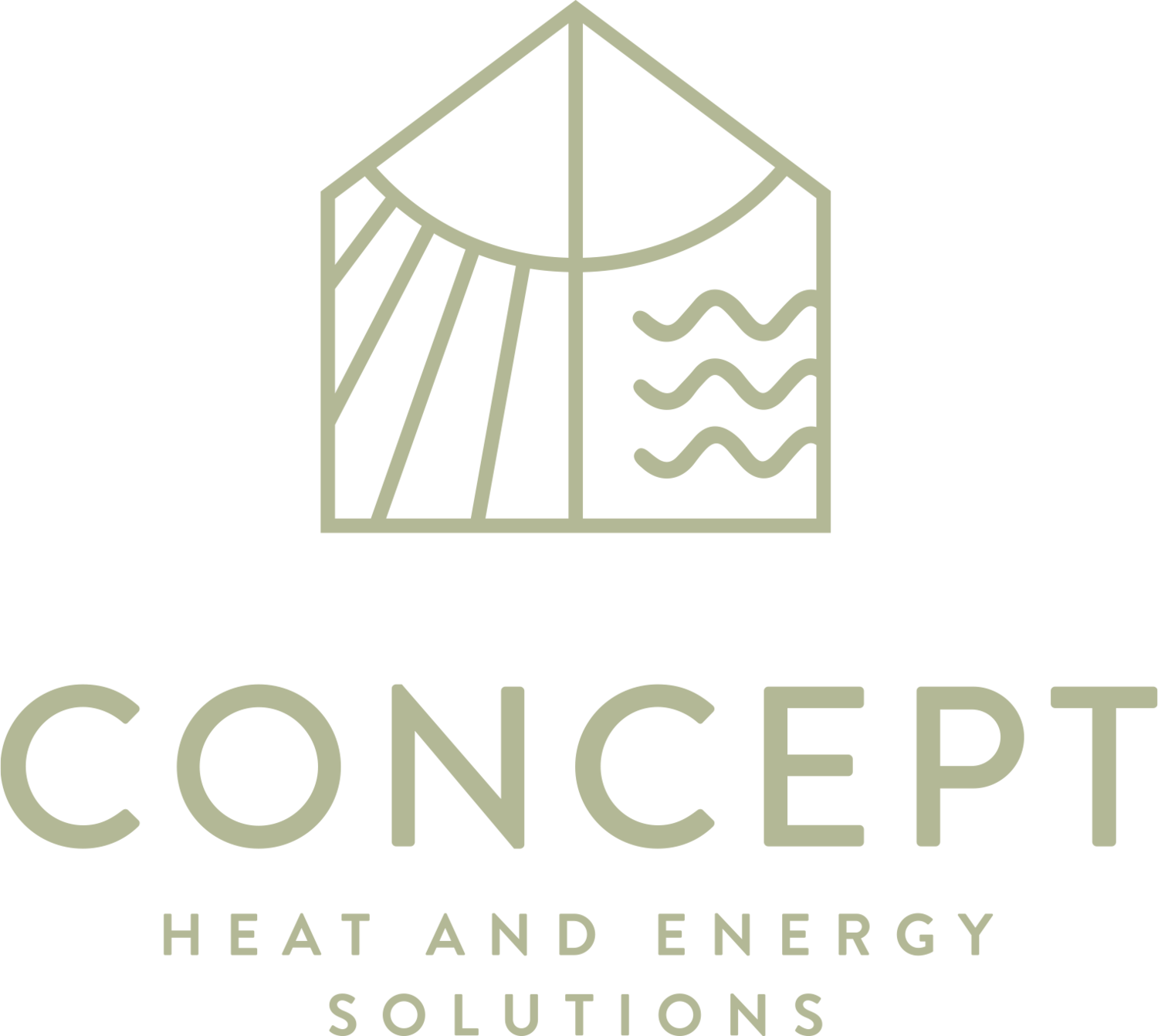Solar Energy
Get a renewable and clean source of energy that’s friendly for the planet and your pocket too! Talk to our team to learn more about our solar energy systems.
Powering your home shouldn’t cost the earth in more ways than one. Solar is a renewable and clean source of energy that reduces both your carbon footprint and your powerbill at the same time.
It is estimated that a standard residential solar system saves 462kg of CO2 each year. That’s equivalent to driving a standard petrol car from Auckland to Wanaka 3 times a year.
Our increasing demand for electronic goods coupled with increasing power costs has caused increasing power bills. On average power bills have increased 7% per year, this means your power is likely to increase by more than double in 15 years.
But we know the numbers need to stack up financially.

Why we believe it is the right choice for all of Wellington
Walking through your front door to a healthy home should not be a financial burden. A cold and unventilated home can lead to an increased risk of illness for Wellington families. The cost of electricity should not be the difference between keeping your home warm and ventilated or not.
A solar system is a simple way of reducing your monthly electricity cost so you can have the comfort of walking through the door to a warm and ventilated healthy home.
Is Solar a good investment?
The cost of solar and batteries has significantly decreased over recent years. The payback on a system can be as fast as 5 years depending on your energy profile. Studies done in New Zealand conditions show a return on investment between 7-16%.
As an example, an 8kWh system with a battery can save you 80% of your powerbill. With a powerbill of around $300 the mortgage repayments on the system would be $170 each month. This means you would have gained $130 each month that you would have spent on electricity. We think this is a win – win.
How does Solar work?
Solar panels (Photovoltaic cells) convert sun shine into DC (direct current) electricity. The DC electricity is then converted through an inverter into AC (alternating current) power for use in your home. Your home appliances will use the AC power created by the solar system to operate. Any excess power your solar system produces will be either stored in a battery for use at night or sold back to the national grid.
Your energy profile
Understanding how you use energy is important in designing your solar system. Every house and business uses power differently and it is not a one size fits all. By understanding times you are likely to draw power and what appliances you use now and in the future, we can design the perfect system that fits. This will give you the best product to suit your needs.
There is no one size fits all in designing a solar power system. Understanding how power is being used in your home is the best first step in getting the perfect solar power system. It's important to ask questions like "Are we consuming more energy during the day or the night?" You may also look at your recent power bill to better understand how much power your household consumes. Lastly, think about your future energy needs - will there be additional appliances or home adjustments like a spa pool? This way, you can future-proof your solar power system.




